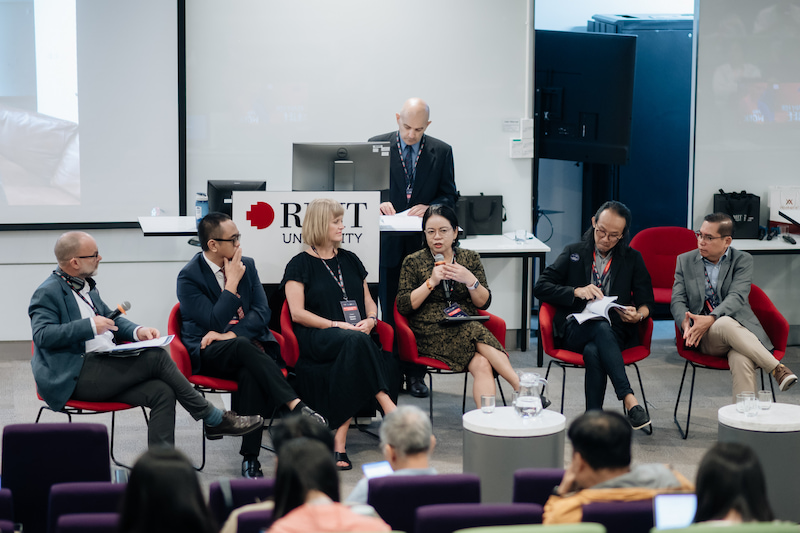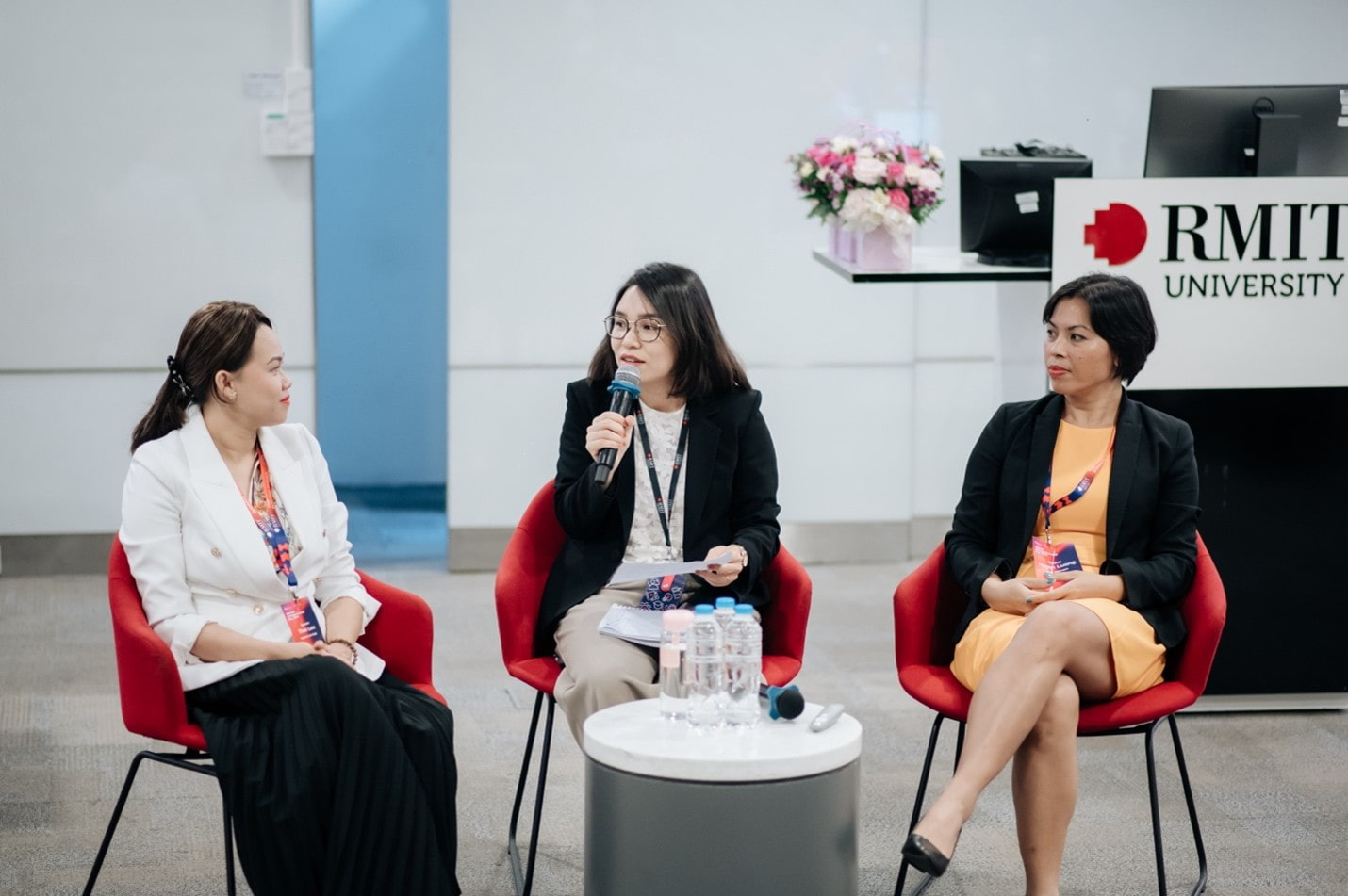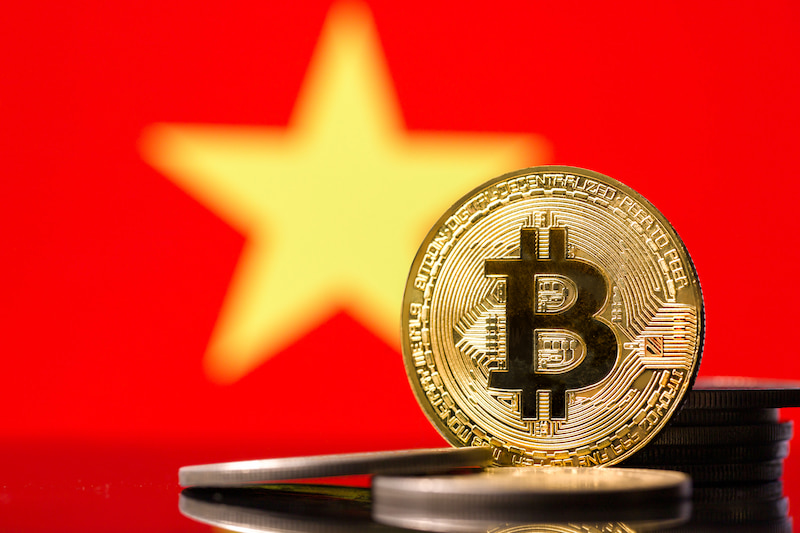This week, leaders of Southeast Asian nations, including Vietnam are coming together for the APEC summit in San Francisco.
The summit is a key forum where Southeast Asian countries can share their concerns, find common ground and build strategic alliances, as well as advocate for sustainability, and strengthen international trade.
As a facilitator of cross-border cooperation, APEC serves multiple objectives for countries like Vietnam. It not only bolsters Vietnam's economic integration and foreign direct investment attractiveness but offers a stage for advocating fair trade practices that resonate with regional and global demands.
APEC has played a role in helping Vietnam gather record FDI figures which hit US$22.4 billion in 2022 (Ministry of Finance of Vietnam). Importantly, APEC serves as a platform where Vietnam can continue to place itself as one of the most attractive China+1 options in the region.
Nations with economies based on exports, like Vietnam, are keeping a keen eye on trade regulation talks, seeking to shape a global trade narrative that fosters fair market practices. APEC offers them a stage to advocate for policies that recognise and support the unique needs of smaller, developing economies in the region.
Vietnam and other APEC members can use the forum to navigate the diplomatic difficulties arising from US-China tensions, which have been boosted by the almost two-year long Russia-Ukraine war and Middle East tensions which reignited in October this year.
APEC presents a strategic opportunity for the US to address complex challenges such as fragile supply chains, climate change, and inequality within a regional framework. In the face of global economic tensions, particularly with China, APEC offers a platform for the US to promote sustainable trade policies that can bolster economic recovery and resilience. Engaging with APEC allows the US to influence the support for economic policies that are inclusive and sustainable, and which have the potential to contribute to the prosperity of the Asia-Pacific region. On the other hand, APEC is valuable for China as it provides a platform to showcase its dedication to open trade.
So far, Southeast Asian nations, including Vietnam, have been steering a careful course of neutrality. APEC should therefore serve as a place where diplomatic equilibrium is sought.
Moreover, APEC should be used as a mechanism to build strategic alliances with other nations. There are various countries eagerly waiting to join APEC's ranks (e.g., Bangladesh, Pakistan, Colombia, Panama and Ecuador). For Vietnam, a partnership with the current and potential Latin American member countries, could lead not only to access to those economic markets, but also opportunities to foster a south-south dialogue and cooperation.
China is building ties with South American counterparts to foster trade and share knowledge of industries, including textiles, electronics, agriculture and forestry which are key contributors to Vietnam’s economy.
The Regional Comprehensive Economic Partnership (RCEP) - a free trade agreement among the Asia-Pacific nations, also serves as a model for resilient supply chains and forward-looking trade practices.
The potential expansion of APEC, including new ties with Latin American nations, opens a gateway to diversified markets and south-south cooperation, one which can enrich Vietnam's economic landscape. Simultaneously, the RCEP's alignment with APEC's objectives could streamline business operations and strengthen supply chains.
Story: Dr Santiago Velasquez, Associate Program Manager, MBA, RMIT University Vietnam
Masthead image: ronstik - stock.adobe.com




